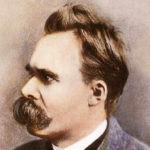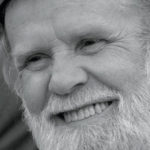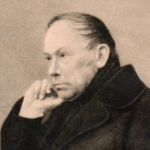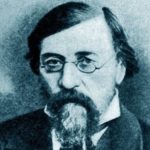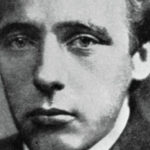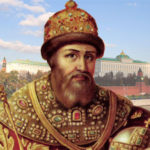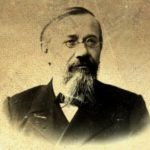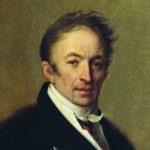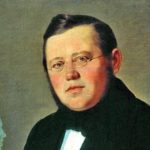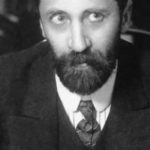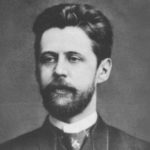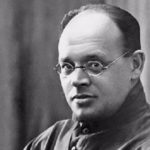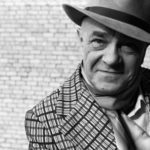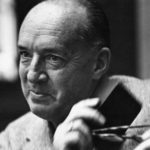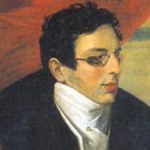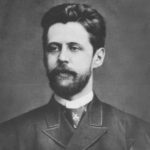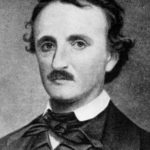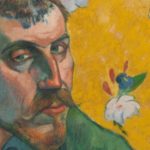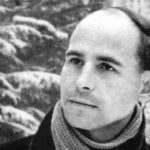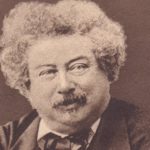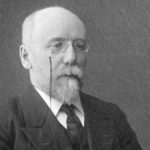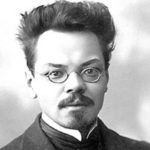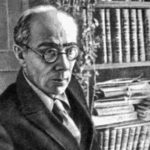Facts from the life of Vasily Rozanov
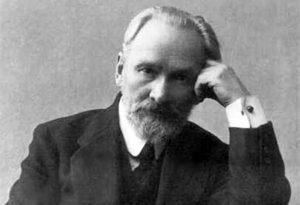 The well-known publicist and philosopher Vasily Rozanov was an extraordinary person. He witnessed the sunset of the Russian Empire with his own eyes, and wrote his works impassively against the background of all that he had seen. His works often provoked a violent reaction in the most diverse strata of the population, which did not prevent him from confidently standing his ground. He survived the revolution for only two years, and died in poverty, forgotten by all and deprived of help …
The well-known publicist and philosopher Vasily Rozanov was an extraordinary person. He witnessed the sunset of the Russian Empire with his own eyes, and wrote his works impassively against the background of all that he had seen. His works often provoked a violent reaction in the most diverse strata of the population, which did not prevent him from confidently standing his ground. He survived the revolution for only two years, and died in poverty, forgotten by all and deprived of help …
After successfully graduating from university, the future critic and philosopher refused to take the exam for a master’s degree, deciding to go free swimming and devote himself to creativity.
Rozanov’s first published work was based on the teachings of Hegel (see interesting facts about Hegel). Almost 700 pages of work were crushed by critics.
The writer was actually married twice, but in fact his first wife, after she left him, refused to divorce officially. Nominally, they remained married until the end of life.
At the beginning of the 20th century, Vasily Rozanov took an active part in the formation of the Religious-Philosophical Society with the writers D. Merezhkovsky and Z. Gippius.
His first wife was Apollinaria Suslova, who had previously been part of the life of Fyodor Dostoevsky, and whom he later repeatedly displayed in his works in the images of various “femme fatal women”.
Shortly before his death from hunger and cold, Rozanov wrote to Maxim Gorky asking for help. A friend responded, and for the philosopher they began to collect money, but did not have time to transfer it – he had already passed away.
Rozanov argued that in order to understand the truth, at least 1000 different points of view on each subject are needed.
During his lifetime, Vasily Rozanov did not succeed. He was criticized and misunderstood, and most of his works found life only tens of years after his death, already at the sunset of the USSR.
He had five children, but they were considered illegitimate, as the writer, although married, did not get married with his second wife.
